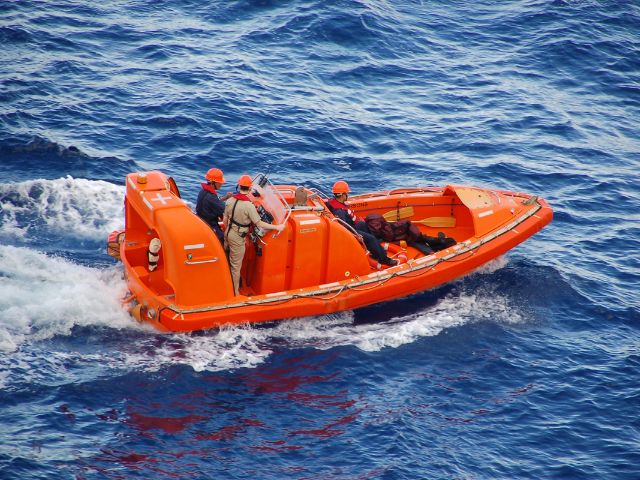
Water rescue teams must be ready to face the unique challenges of the winter season. An upswing in water-related accidents, the increased risk of hypothermia, and wild weather conditions increase the importance of year-round preparation. Staying ready for winter rescues guarantees the safety of victims and rescuers. Learn how water rescue teams can stay prepared for winter.
The risk of hypothermia is high during the winter. Exposure to frigid temperatures and damp conditions for too long reduces the body’s ability to retain heat. To stay protected against hypothermia, water rescue teams should wear specialty drysuits with waterproof thermal insulation. This gear helps the body preserve heat while facilitating movement during a rescue.
Having plenty of blankets and heating pads at operational bases is another way to combat hypothermia. Victims pulled from icy waters require immediate attention to prevent hypothermia effects. Promptly wrapping them in blankets to gradually raise their body temperature can reduce health complications.
Wearing winter gear makes a huge difference in the success of water rescues. Functional equipment keeps crews prepared for the next call. Water rescue team members should regularly check the condition of their equipment as the season progresses. Water rescue boats, throw bags, rescue buoys, and communication devices help water rescue personnel handle winter conditions.
Continuous skill development and training help water rescue teams navigate the unique challenges of rescues in winter. Focusing on team building and honing individual skills enables the team to work more efficiently and adapt to various rescue scenarios.
Simulated training that imitates real-life scenarios in icy waters—embedded with fluctuating weather and other elements of winter—helps rescue teams learn to mitigate risks. Training in these settings also allows teams to become familiar with self-rescue techniques.
Winter weather can be unpredictable. Staying well-informed on changing forecasts enables water rescue teams to anticipate challenges. Expected ice cover, wind patterns, snowfall, and other elements surrounding the body of water help teams get ready for any situation.
Staying prepared for winter water rescues helps waterborne teams stay safe while assisting victims in need of rescue. These elements will enhance water rescues in the winter and guarantee all rescuers make it home safely.
24World Media does not take any responsibility of the information you see on this page. The content this page contains is from independent third-party content provider. If you have any concerns regarding the content, please free to write us here: contact@24worldmedia.com